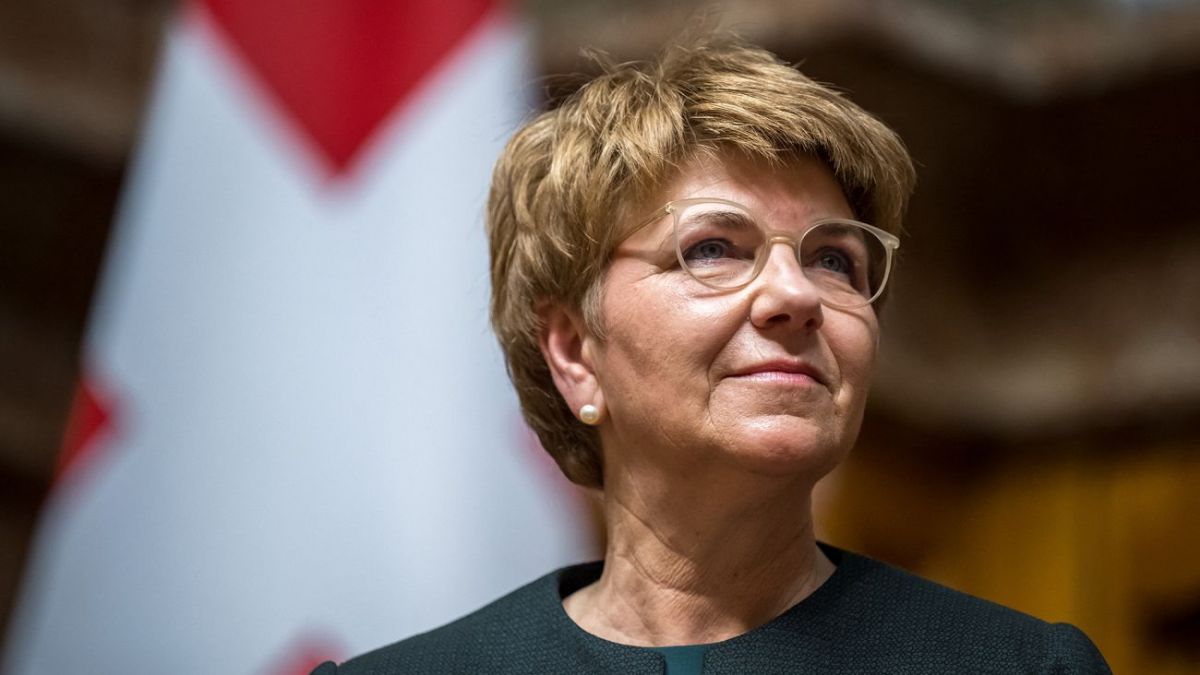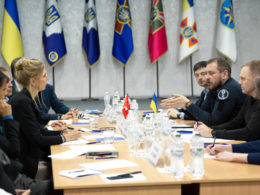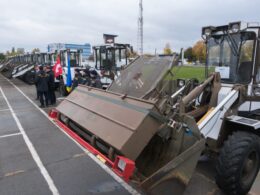Switzerland's President Viola Amherd signaled support for revising the country's ban on re-exporting Swiss-made weapons to Ukraine, Reuters reports.
"I think we need to take a step forward in our industry," Amherd said at a press event in Bern on 28 October.
The Swiss president, who also serves as defense minister, pointed to the current policy's concrete business implications.
"It becomes difficult because countries like the Netherlands have decided not to buy in Switzerland as it's not free to re-export," she said.
Switzerland's arms industry has seen declining sales in 2023, with critics attributing the drop to the country's neutral stance.
Despite this neutrality, Switzerland ranks as the 14th largest global arms supplier as of 2022, according to the Stockholm International Peace Research Institute.
Amherd said that direct arms supplies to conflict zones remain off-limits. "If we have a problem with our armaments industry that means we also have a security problem because it's important to have technology and know-how," she said.
The Swiss parliament has previously recommended easing these restrictions, though the government rejected such changes last year. Pressure to modify Switzerland's traditional neutrality has mounted since Russia's 2022 invasion of Ukraine, both domestically and internationally.
Amherd acknowledged past shortcomings in defense spending. "In the last 30 years, Switzerland has not invested enough in defense, and we need to catch up," she said, indicating plans to strengthen ties with NATO.
Read also:
- WSJ: North Korea sends young, inexperienced, malnourished soldiers to Russia to test ground in Ukraine as “mere cannon fodder”
- Ukraine arrests UN aid volunteer accused of spying for Russia in Donetsk Oblast
- Russian artillery strikes kill three in Kherson, wound a child




